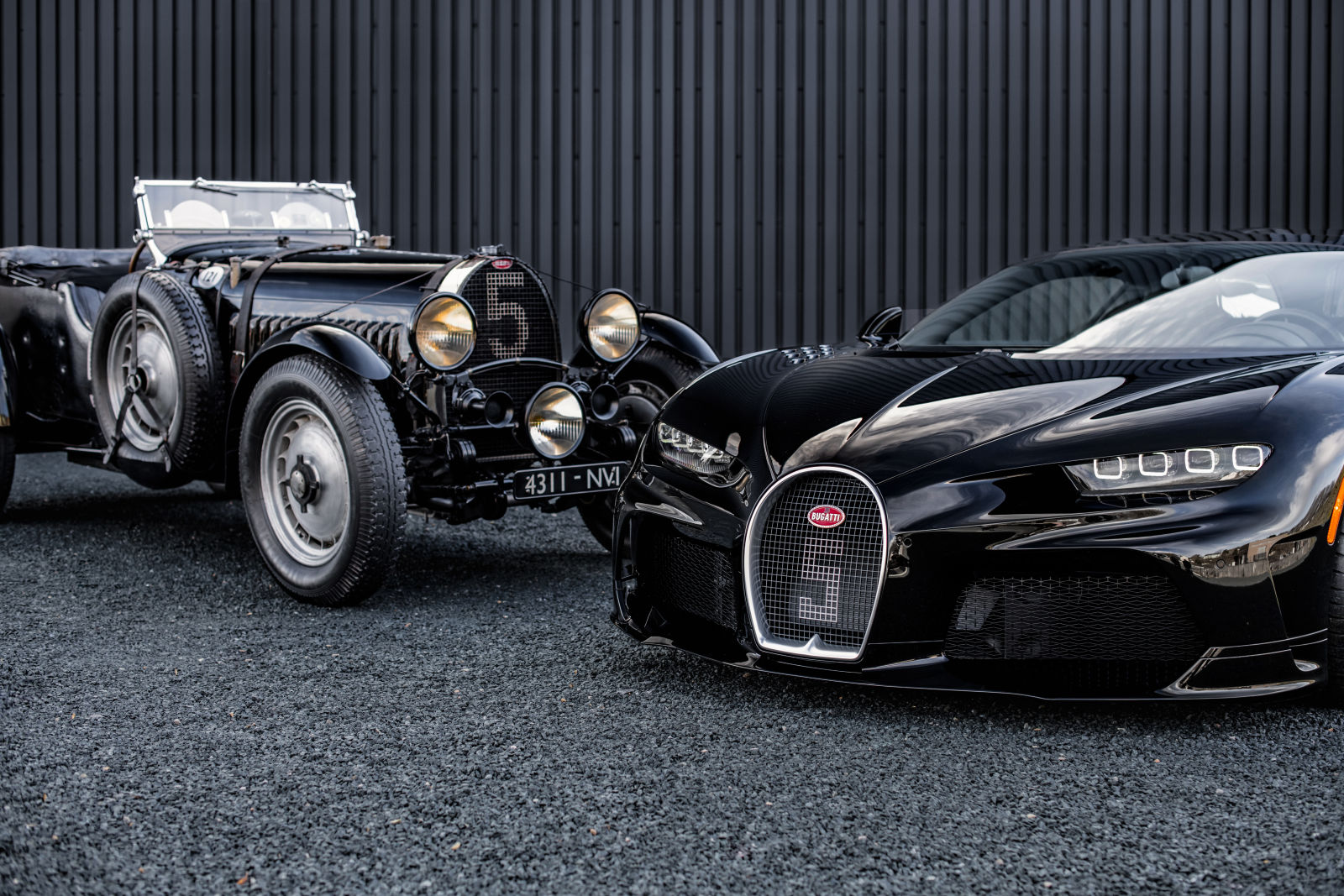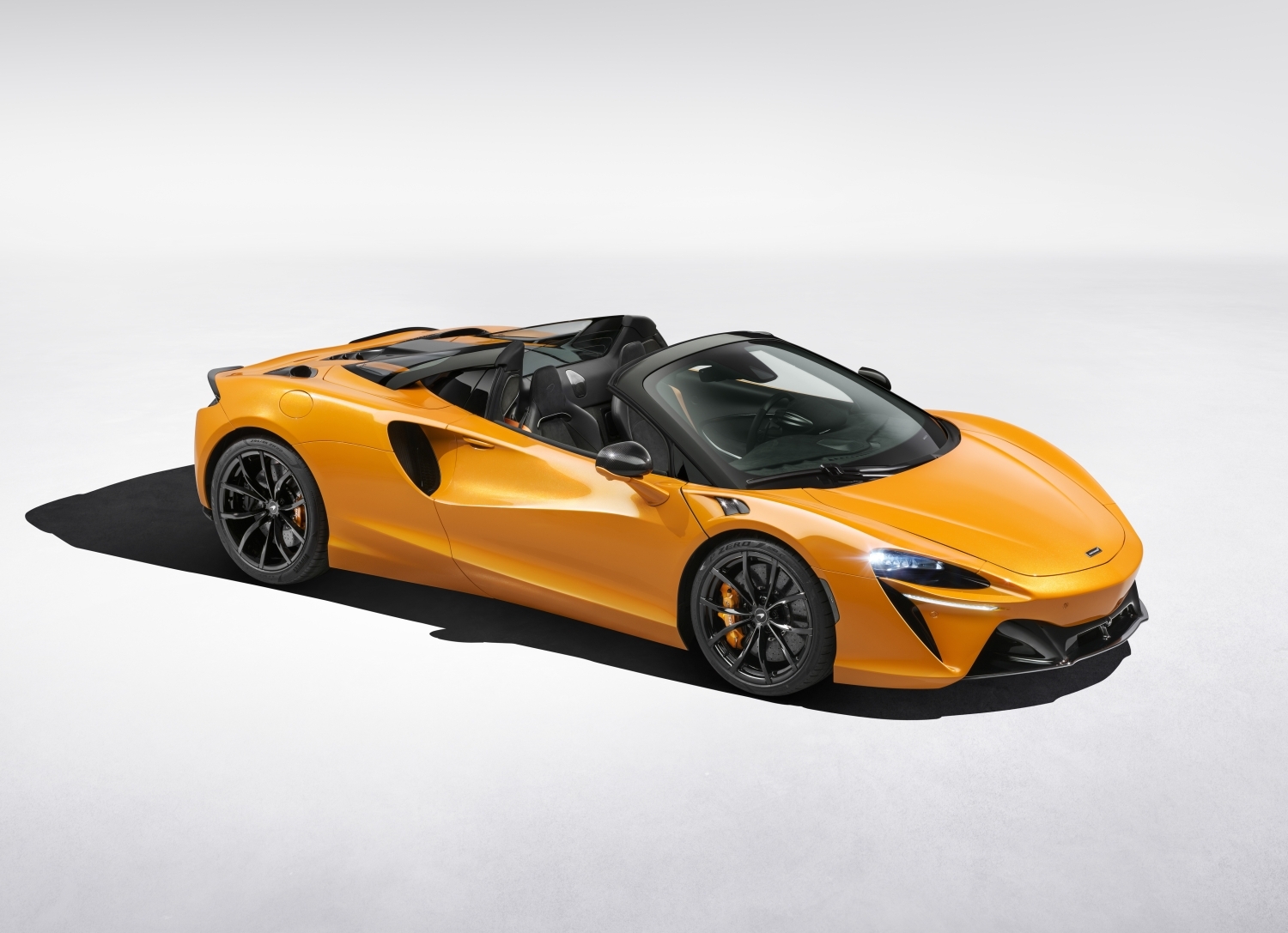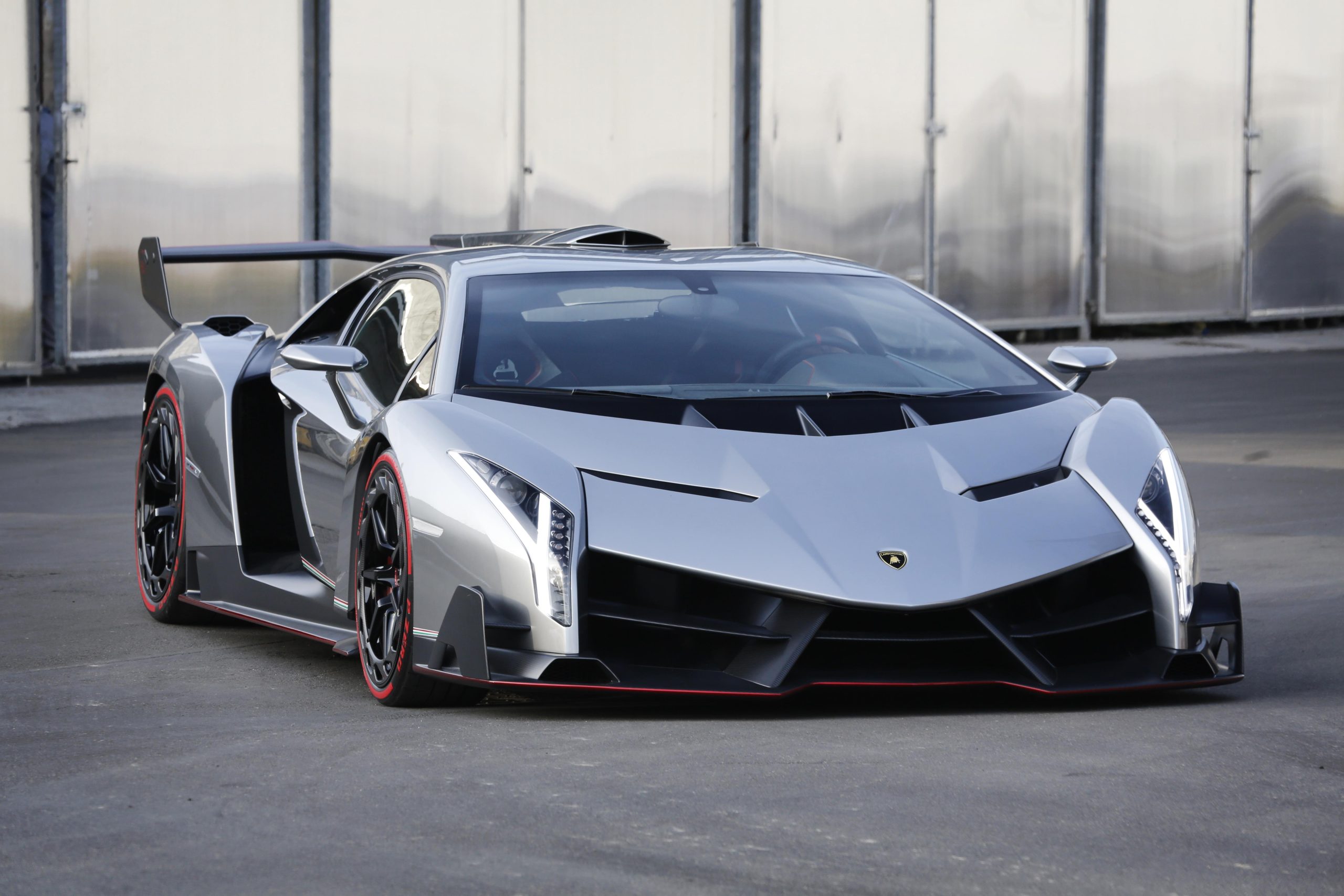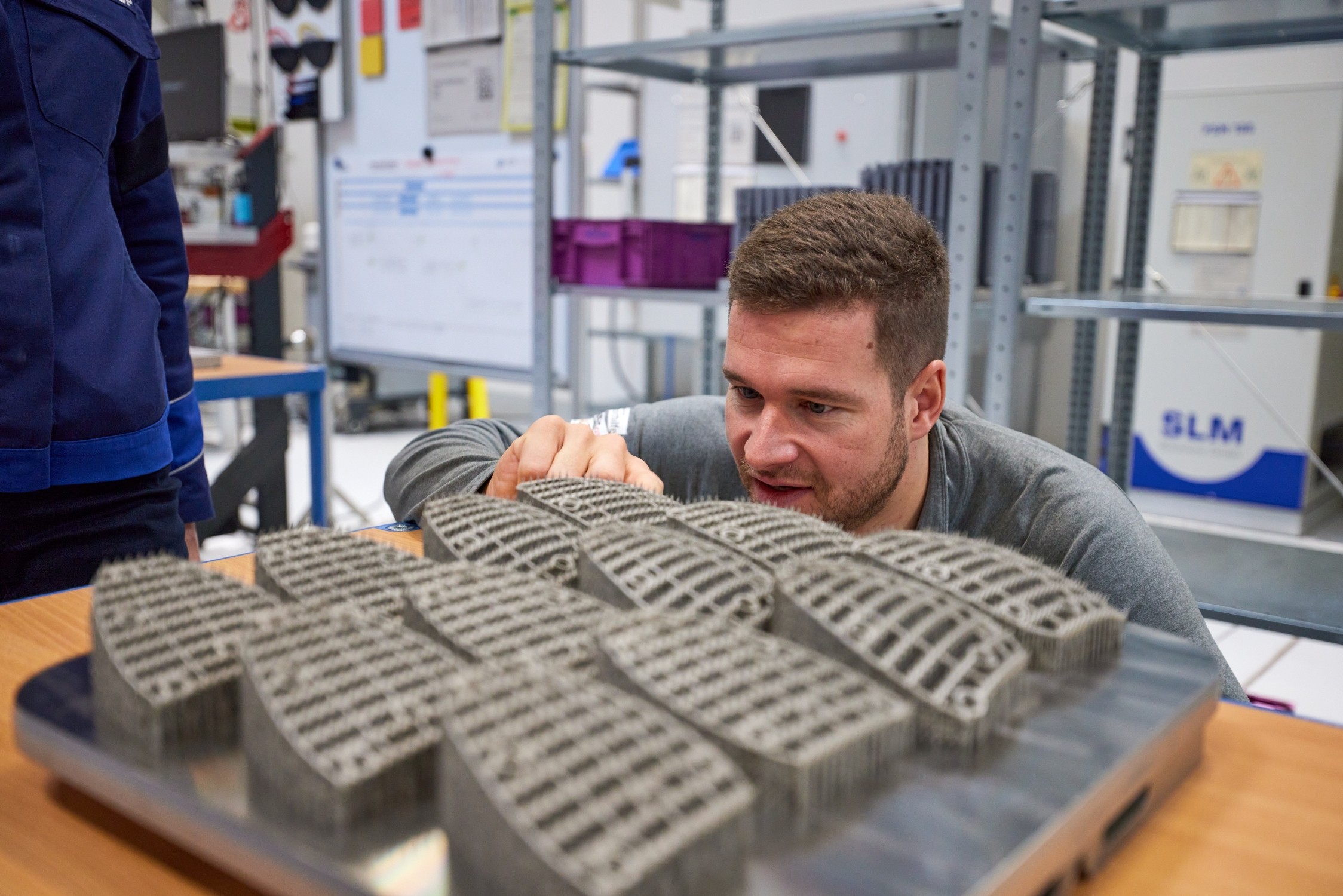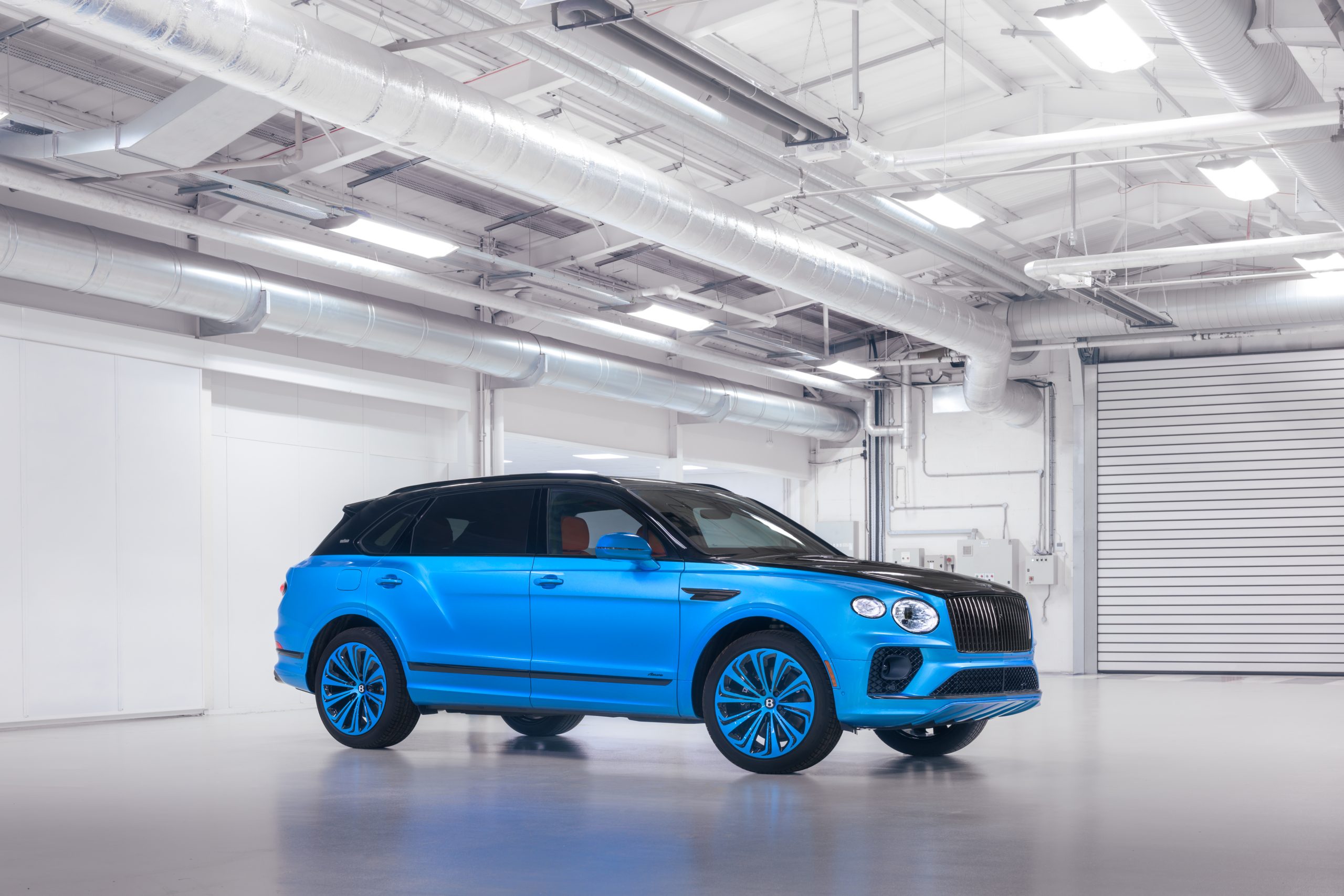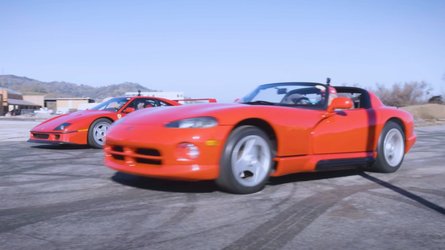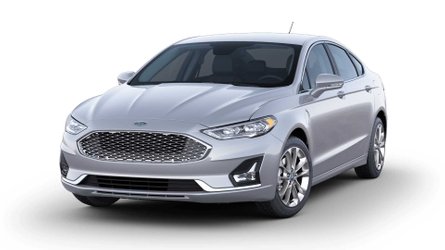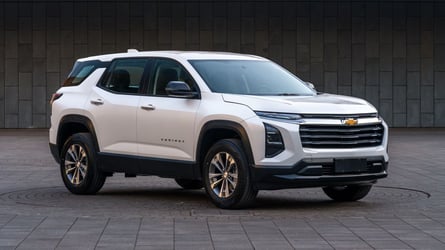CES: Volvo Cars leverages smart technology partnerships to accelerate its transformation
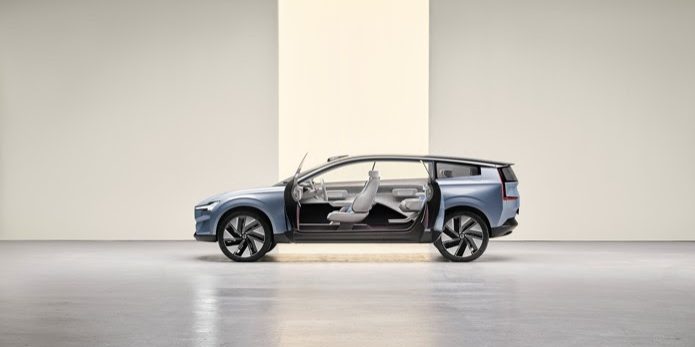
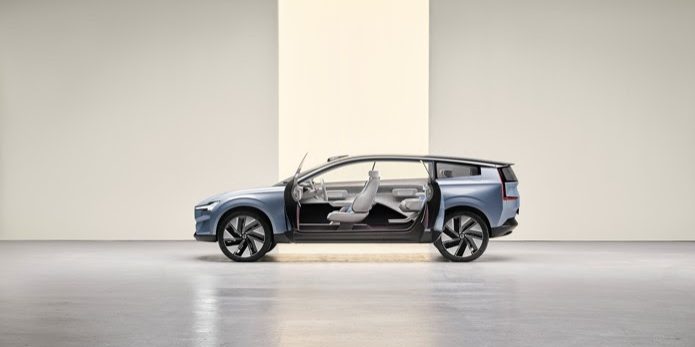
Contents
Volvo Cars is deepening its partnership with three key technology companies – Luminar, Google and Qualcomm – to deliver on its vision of what the next generation of Volvos will stand for. Unveiled at the 2022 Consumer Electronics Show (CES) this week, the partnerships enable Volvo Cars to leverage the best available technologies to provide customers with industry-leading in-car experiences.
Volvo Cars believes in smart partnerships – collaborating with technology leaders all over the world, large and small – to help transform the company into a leading personal mobility provider and become a fully electric car company by 2030.
At CES 2022, Volvo Cars revealed a series of technology partnerships in the areas of user experience (UX), in-car experience, safety, and autonomous driving.
LATEST: 8 Most Common and Critical Mistakes First-time Car Buyers Make

Volvo Cars x Zenseact x Luminar
Announced this week, Volvo Cars will introduce its unsupervised autonomous driving feature ‘Ride Pilot’ to customers in the state of California first.
The software is developed by autonomous driving (AD) software company Zenseact together with Volvo Cars’ in-house team of developers, and developers from Luminar, another of the brand’s smart technology partners. The sensor set-up consists of more than two dozen sensors, including Luminar’s cutting-edge Iris LiDAR sensor, which work hand in glove with the developed software.
By building on an industry-leading safety standard that will feature in Volvo Cars’ next generation of pure electric cars, Ride Pilot aims to free up more time for customers and make driving a Volvo even more convenient and enjoyable.
“We are proud to announce the planned US launch of our first truly unsupervised autonomous driving feature, as we look to set a new industry standard for autonomy without compromising safety,” said Mats Moberg, head of research and development at Volvo Cars. “Having Zenseact’s brand new AD software and Luminar’s LiDAR standard in our new fully electric SUV is a game-changer for Volvo Cars, as well as for automotive safety and autonomous driving.”
As part of this verification process, Volvo Cars is already testing autonomous driving functionalities on roads in Sweden together with Zenseact, and collecting data across Europe and the U.S. By the middle of this year, the company intends to begin testing on roads in California (pending necessary approvals), where the climate, traffic conditions and regulatory framework provide a favorable environment for the introduction of autonomous driving.
Once it has been verified as safe, ‘Ride Pilot’ is planned to be available as an add-on subscription on the company’s forthcoming fully electric SUV to be revealed later this year.
For more information on Ride Pilot visit: https://www.media.volvocars.
Volvo Cars x Google
Volvo Cars has deepened its partnership with Google, becoming the first car maker to directly integrate its cars with the Google Home ecosystem and other Google Assistant-enabled devices – allowing for the most seamless connection between Google Assistant and cars to date. Volvo will also soon introduce YouTube video playback as a built-in app in its cars with a Google Android-based infotainment system.
The integration with Google Assistant reflects Volvo Cars’ ambition to provide its customers with convenience and peace of mind, and the list of available commands will continue to grow in the future. Planned future functionalities include charging scheduling, which allows customers to set specific times when they want their car to start charging, and more.
Volvo Cars also aims for the integration of its cars into the Google Home ecosystem to support the company’s ongoing electrification goals. As a result, it ambitions to introduce features that can help customers reach the full carbon emission-reducing potential in their pure electric Volvo cars.
“We were the first car maker to introduce Google technology and services in our cars and we are now looking to be the first to integrate fully with Google Assistant-enabled devices – it is a natural next step in our partnership with Google,” said Henrik Green, chief product officer at Volvo Cars. “This integration allows us to improve the customer experience immensely, as it gives customers the possibility to easily and securely manage their car while at home or on the go, through any personal device that has Google Assistant.”
Similarly, the integration of video playback – starting with YouTube- would allow customers, when stopped, like during public electric vehicle charging, to have access to a broad palette of content, making the time spent more enjoyable.
For more information on Google integration in Volvo vehicles visit: https://www.media.volvocars.
For more information on YouTube playback availability in Volvo vehicles visit: https://www.media.volvocars.
Volvo Car Group x Qualcomm
Volvo Car Group and Qualcomm Technologies, Inc. have announced that the infotainment systems in upcoming fully electric cars under the Volvo and Polestar brands will be powered by Qualcomm’s Snapdragon® Cockpit Platform.
Leveraging both companies’ in-house research and development competence, Qualcomm Technologies and Volvo Cars are partnering to enhance the overall capability of Volvo Cars’ next-generation infotainment system powered by Google Android, making it much faster and more responsive.
Using the latest Snapdragon Automotive Platforms, Volvo Cars’ next generation infotainment system will be more than twice as fast, while its graphics generation will be up to ten times faster.
“Volvo Cars is a company that believes in collaborating with technology leaders like Qualcomm Technologies Inc. and Google to deliver the best experience to our customers,” said Henrik Green, Volvo Cars chief product officer. “With Qualcomm technology in our forthcoming fully electric SUV, our Google Android-based infotainment system will reach the next level.”
The collaboration includes future improvements to be rolled out over the air and over time. It also creates a solid foundation that enables Volvo Cars to continue delivering premium, connected, intelligent and responsive in-car experiences in the future.
For more information on the use of Qualcomm’s Snapdragon® technology in Volvo vehicles visit: https://www.media.volvocars.

